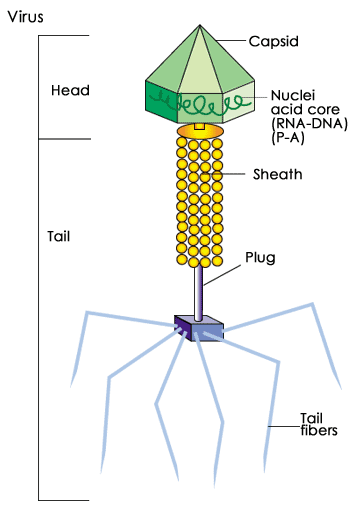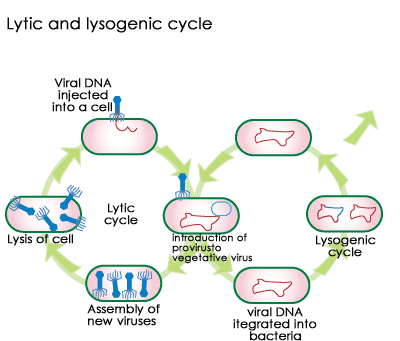Please wait while we process your payment
If you don't see it, please check your spam folder. Sometimes it can end up there.
If you don't see it, please check your spam folder. Sometimes it can end up there.
Please wait while we process your payment
Get instant, ad-free access to our grade-boosting study tools with a 7-day free trial!
Learn more



This site is protected by reCAPTCHA and the Google Privacy Policy and Terms of Service apply.
Create Account
Select Plan
Payment Info
Start 7-Day Free Trial!

Annual
2-49 accounts
$22.49/year + tax
50-99 accounts
$20.99/year + tax
Select Quantity
Price per seat
$29.99 $--.--
Subtotal
$-.--
Want 100 or more? Request a customized plan
You could save over 50%
by choosing an Annual Plan!

SAVE OVER 50%
compared to the monthly price!
| Focused-studying | ||
| PLUS Study Tools | ||
| AP® Test Prep PLUS | ||
| My PLUS Activity | ||
$22.49/month + tax
Save 25%
on 2-49 accounts
$20.99/month + tax
Save 30%
on 50-99 accounts
| Focused-studying | ||
| PLUS Study Tools | ||
| AP® Test Prep PLUS | ||
| My PLUS Activity | ||
No Fear provides access to Shakespeare for students who normally couldn’t (or wouldn’t) read his plays. It’s also a very useful tool when trying to explain Shakespeare’s wordplay!
Erika M.
I tutor high school students in a variety of subjects. Having access to the literature translations helps me to stay informed about the various assignments. Your summaries and translations are invaluable.
Kathy B.
Teaching Shakespeare to today's generation can be challenging. No Fear helps a ton with understanding the crux of the text.
Kay H.
No Fear provides access to Shakespeare for students who normally couldn’t (or wouldn’t) read his plays. It’s also a very useful tool when trying to explain Shakespeare’s wordplay!
Erika M.
I tutor high school students in a variety of subjects. Having access to the literature translations helps me to stay informed about the various assignments. Your summaries and translations are invaluable.
Kathy B.
Teaching Shakespeare to today's generation can be challenging. No Fear helps a ton with understanding the crux of the text.
Kay H.
Create Account
Select Plan
Payment Info
Start 7-Day Free Trial!
You will only be charged after the completion of the 7-day free trial.
If you cancel your account before the free trial is over, you will not be charged.
You will only be charged after the completion of the 7-day free trial. If you cancel your account before the free trial is over, you will not be charged.
Order Summary
Annual
7-day Free Trial
SparkNotes PLUS
$29.99 / year
Annual
Quantity
51
PLUS Group Discount
$29.99 $29.99 / seat
Tax
$0.00
SPARK25
-$1.25
25% Off
Total billed on Nov 7, 2024 after 7-day free trail
$29.99
Total billed
$0.00
Due Today
$0.00
Promo code
This is not a valid promo code
Card Details
By placing your order you agree to our terms of service and privacy policy.
By saving your payment information you allow SparkNotes to charge you for future payments in accordance with their terms.
Powered by stripe
Legal
Google pay.......



Please wait while we process your payment

Sorry, you must enter a valid email address
By entering an email, you agree to our privacy policy.
Please wait while we process your payment

Sorry, you must enter a valid email address
By entering an email, you agree to our privacy policy.
Please wait while we process your payment

Your PLUS subscription has expired
Please wait while we process your payment
Please wait while we process your payment

General Characteristics of Viruses
Because most viruses are extremely well adapted to their host organism, virus structure varies greatly. However, there are some general structural characteristics that all viruses share.

All viruses have a capsid or head region that contains its genetic material. The capsid is made of proteins and glycoproteins. Capsid contruction varies greatly among viruses, with most being specialized for a particular virus's host organism. Some viruses, mostly of the type infecting animals, have a membranous envelope surrounding their capsid. This allows viruses to penetrate host cells through membrane fusion. The virus's genetical material rests inside the capsid; that material can be either DNA, RNA, or even in some cases a limited number of enzymes. The type of genetic material a virus contains is used in classification, and is discussed in Virus Classification.
In addition to the head region, some viruses, mostly those that infect bacteria, have a tail region. The tail is an often elaborate protein structure. It aids in binding to the surface of the host cell and in the introduction of virus genetic material to the host cell.

Though the details of virus infection and replication vary greatly with host type, all viruses share 6 basic steps in their replication cycles. These are: 1) attachment; 2) penetration; 3) uncoating; 4) replication; 5) assembly; 6)release. As shown in , the virus must first attach itself to the host cell. This is usually accomplished through special glycoprotiens on the exterior of the capsid, envelope or tail. Next, penetration occurs, either of the whole virus or just the contents of the capsid. If the entire capsid enters, the genetic material must be uncoated to make it available to the cell's replication machinery. Replication of genetic material takes place, as well as the production of capsid and tail proteins. Once all of the necessary parts have been replicated, individual virus particles are assembled and released. Release often takes place in a destructive manner, bursting and killing the host cell.
Some viruses have a slightly more complicated replication cycle involving lytic and lysogenic phases. The lytic phase is similar to that described above, with virus particles infecting and being replicated. In the lysogenic phase, however, viral genetic material that has entered the host cell becomes incorportated in the cell and lies dormant. It is passed on to the progeny of the infected cells. Eventually, the lytic phase will start again, and cells that were never infected themselves, but carry the viral genetic material will begin to produce new virus particles.
Please wait while we process your payment





